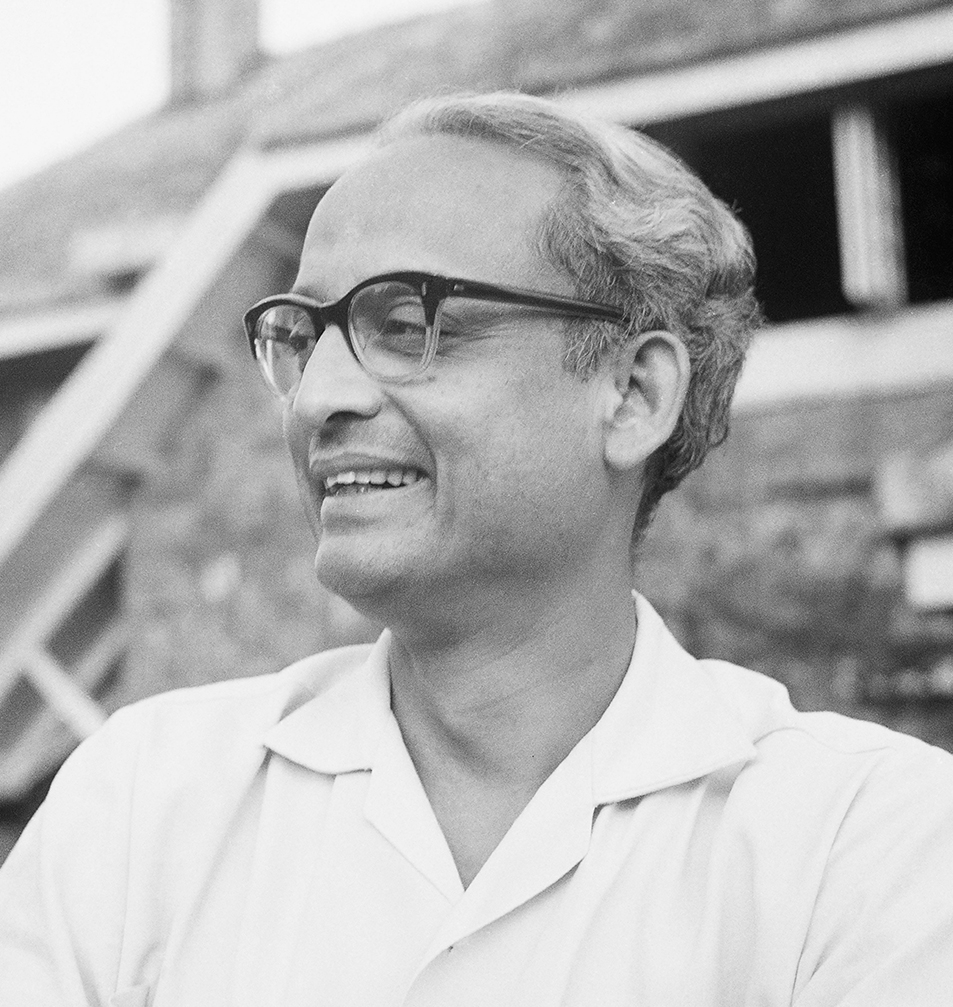
Jagat Murari
Jagat Murari’s journey into cinema started on a US troopship, which at the end of World War II, transported him from what was then British India to study cinema at the University of Southern California. He interned with the young Orson Welles on his filming of Macbeth, went back to a newly independent India, and became a celebrated documentary filmmaker, winning, among several other accolades, India’s first President’s Gold Medal for his documentary ‘Mahabalipuram’.
But his biggest creation, the one that revolutionized Indian cinema, was the Film & Television Institute of India (FTII), which opened its doors in 1961 and rapidly grew into an iconic film school. Here, he nurtured pathbreaking young filmmakers, who went on to transform what is today known as Bollywood, as well as the broader Indian Cinema. With remarkable consistency, FTII turned out top talent – directors, actors, cinematographers, editors, and more. Its alumni became leading names in Bollywood, they spearheaded the Indian New Wave, kickstarted regional language cinema, and helped usher television into the country. Jagat Murari's work put Indian cinema on the path to becoming the powerhouse it is today.
His was a rare calling. He was a maker of filmmakers.